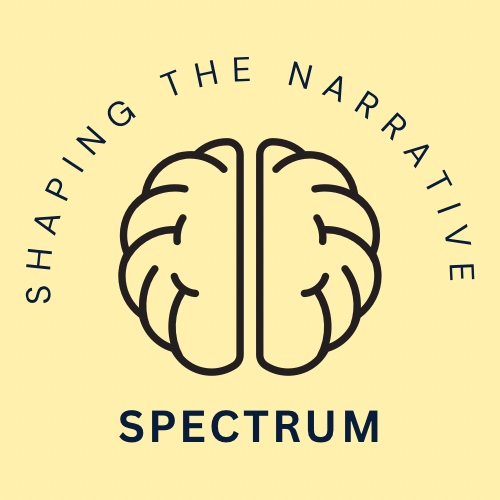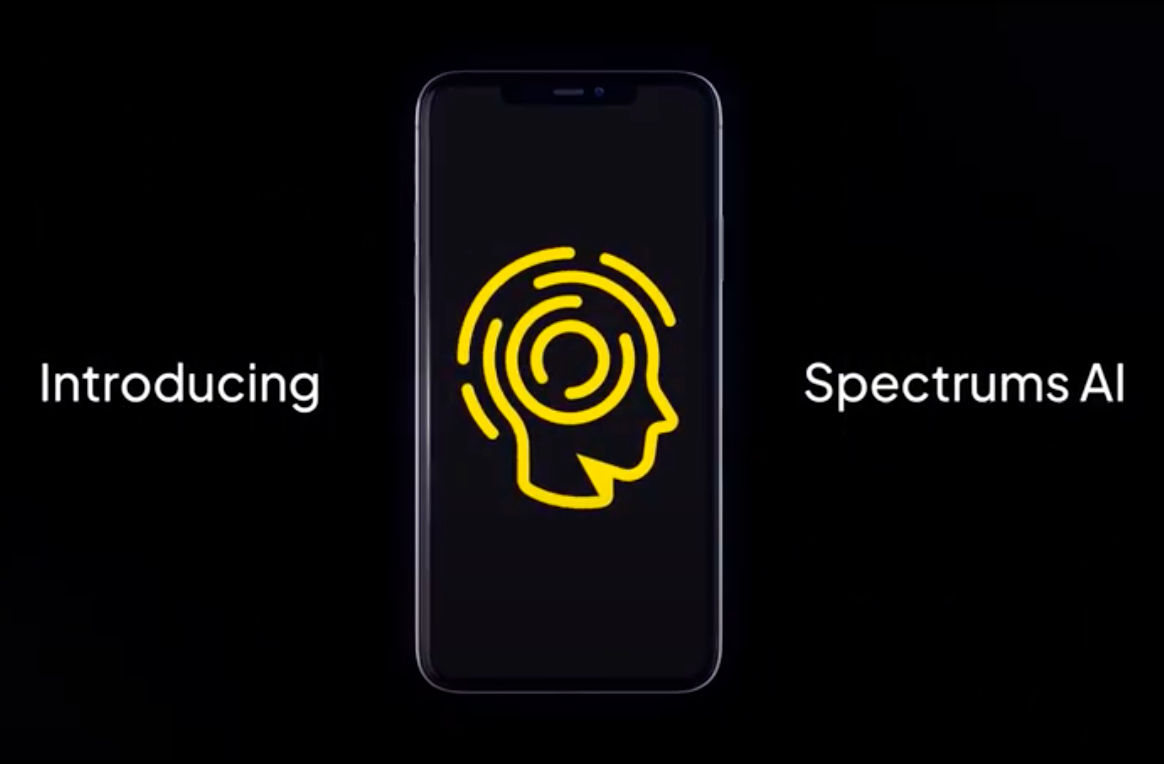The rapid advancement of artificial intelligence (AI) is ushering in a new era of possibilities for neurodiverse individuals.
AI is poised to harness neurodiversity in today’s rapidly advancing technological landscape, creating an inclusive world that embraces the remarkable range of human cognitive differences – from autism and ADHD to dyslexia and beyond – through its transformative power. By accepting variations in thought, we can develop a rich tapestry of talents, such as the ability to recognise patterns, to pay great attention to details, and to have unwavering focus.
In a world where AI’s potential remains limitless, entrepreneurs like Kevin Esmezyan are taking centre stage as champions of using this cutting-edge technology for philanthropic purposes. As the founder and CEO of SpectrumsAI, Esmezyan exemplifies a profound commitment to making a positive impact by harnessing AI’s capabilities to aid individuals with autism.
His revolutionary app allows caregivers to log experiences in different sensory environments, which can help develop coping strategies for sensory overload. Esmezyan believes that AI can be used to empower neurodiverse individuals, and his company takes steps to ensure that their AI systems are inclusive and equitable for all users.
In this enlightening interview, Kevin shares inspiring success stories of how AI, when developed with inclusivity in mind, has transformed the lives of neurodiverse individuals and empowered them in various domains.
Interview with Kevin Esmezyan

Through inspiring success stories, Esmezyan’s work exemplifies the remarkable transformation AI can bring to the lives of neurodiverse individuals, empowering them in various aspects of life. From personalised learning environments that cater to the unique needs of neurodiverse students to AI-powered assessments and diagnostics that identify and support individuals from an early age, the potential is vast and promising.
However, as AI’s development progresses, it is crucial to involve neurodiverse individuals directly in the design and testing of AI systems. Their perspectives, insights, and experiences are invaluable in shaping AI technologies that are genuinely representative, responsive, and effective.
Nevertheless, challenges lie ahead in ensuring AI’s inclusivity for neurodiverse individuals. One pressing concern is to design AI systems with diversity in mind, ensuring that data sets used to train algorithms adequately represent the entire spectrum of neurodiverse individuals. Failure to address this could lead to biased AI algorithms that may not effectively cater to neurodiverse users or, worse, perpetuate discrimination.
Shane Sale, certified agile coach and neurodiversity champion says: “The use of AI in neurodiverse contexts raises several important ethical considerations that need to be carefully addressed.”
“AI systems may collect and process sensitive personal data from neurodiverse individuals, such as behavioural patterns or cognitive characteristics. Ensuring the privacy and security of this data is paramount to protect their rights and maintain trust.“
“When using AI in neurodiverse contexts, it’s essential to emphasise human-AI collaboration rather than complete automation. AI should complement human abilities – not replace the role of caregivers, educators, or therapists.”

The way forward is clear: we must embrace diversity and inclusion in the development and deployment of AI. This entails involving a diverse range of stakeholders, including neurodiverse individuals, in the design, testing, and implementation of AI systems. Through this collaborative approach, we can ensure that AI technology genuinely serves the needs of everyone.
A key requirement of AI technology must be transparency, explainability, and accountability. The journey towards an inclusive AI environment is an ongoing one, demanding open dialogue, heightened awareness, and fruitful collaboration with all stakeholders. By uniting our efforts, we can forge a world where AI celebrates the unique strengths of every individual, irrespective of their neurological differences, leading us towards an enlightened and inclusive future.
This website is part of a student project. While the information on this website has been verified to the best of our abilities, we cannot guarantee that there are no mistakes or errors.
The material on this site is given for general information only and does not constitute professional advice.
The views expressed through this site are those of the individual contributors and not those of the website owner. We are not responsible for the content of external sites.


Leave a Reply